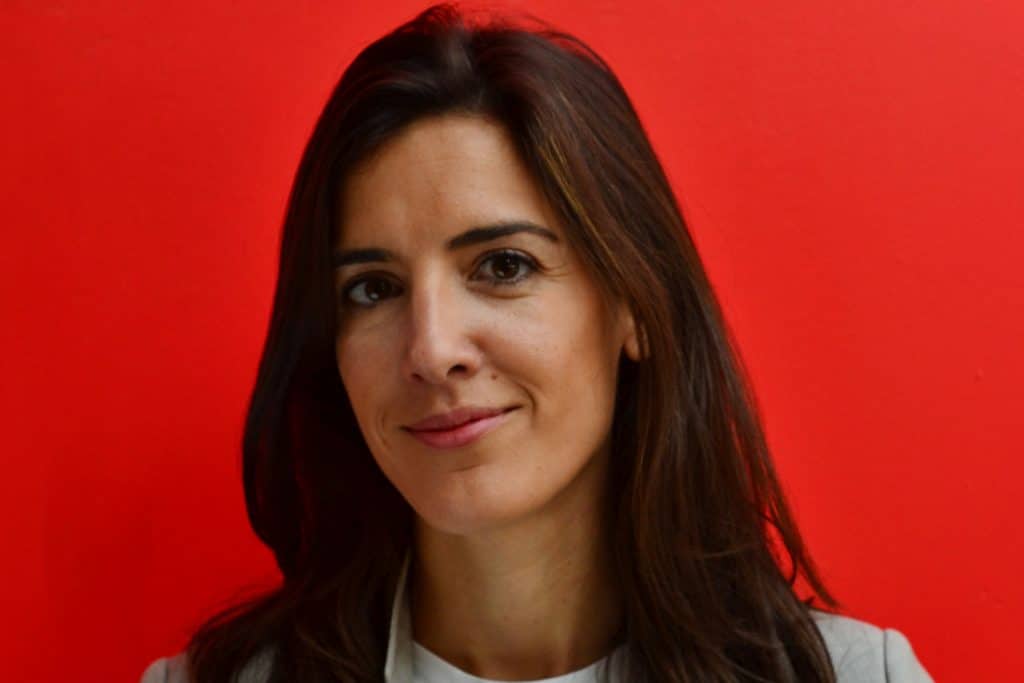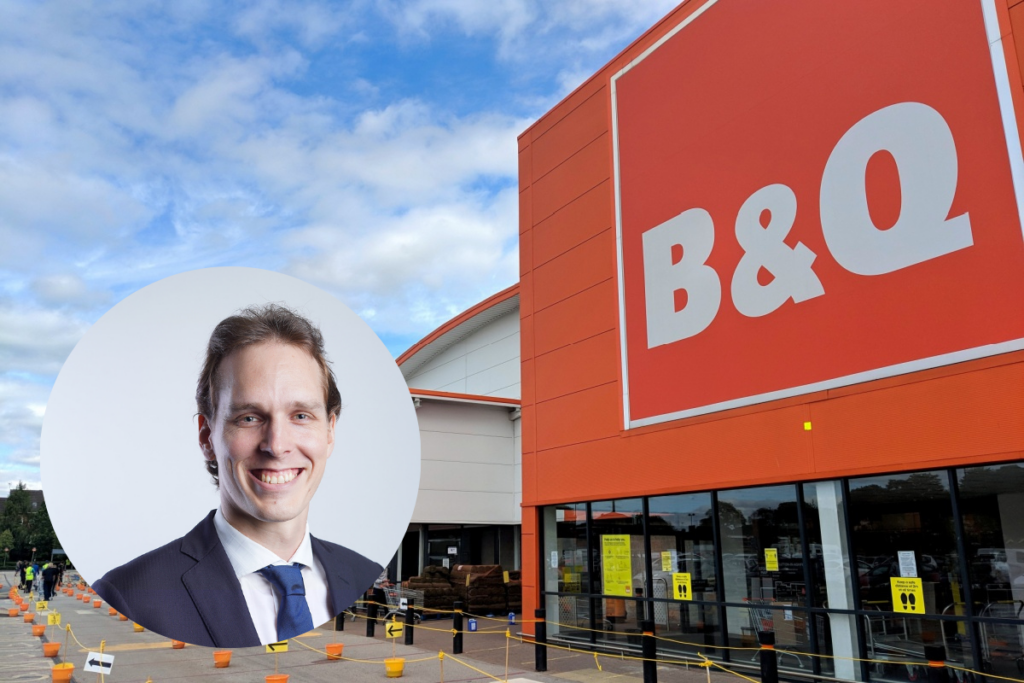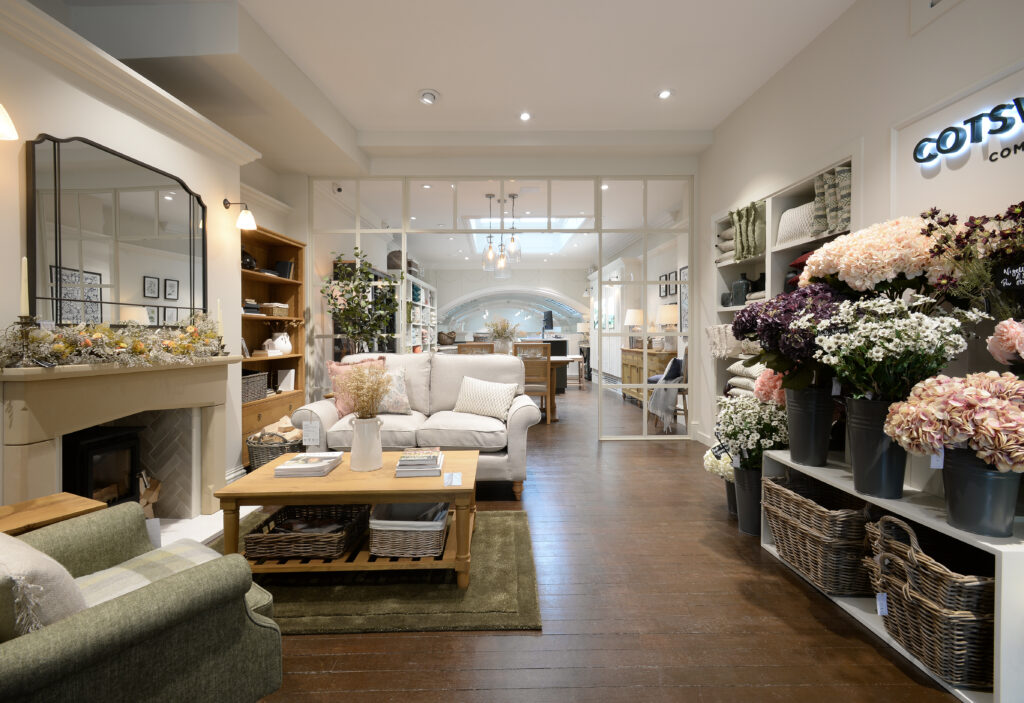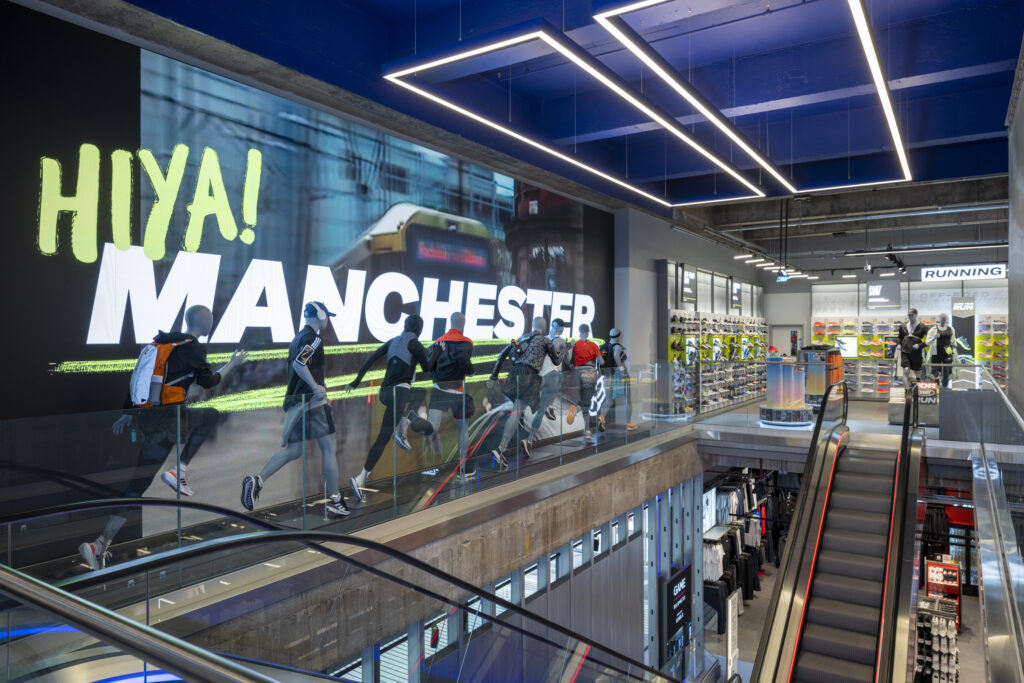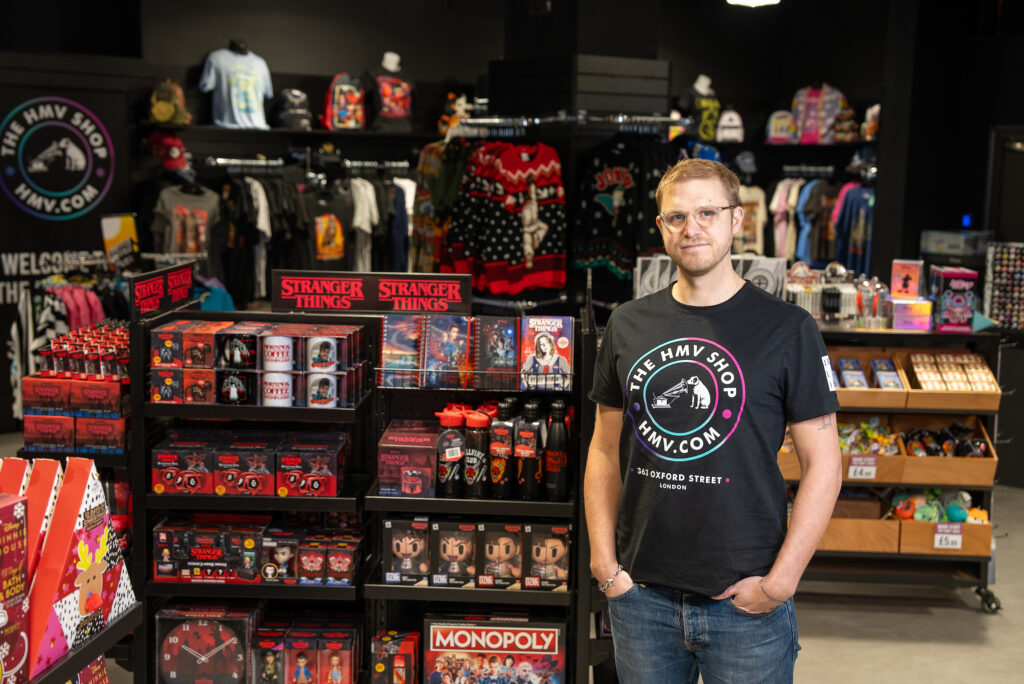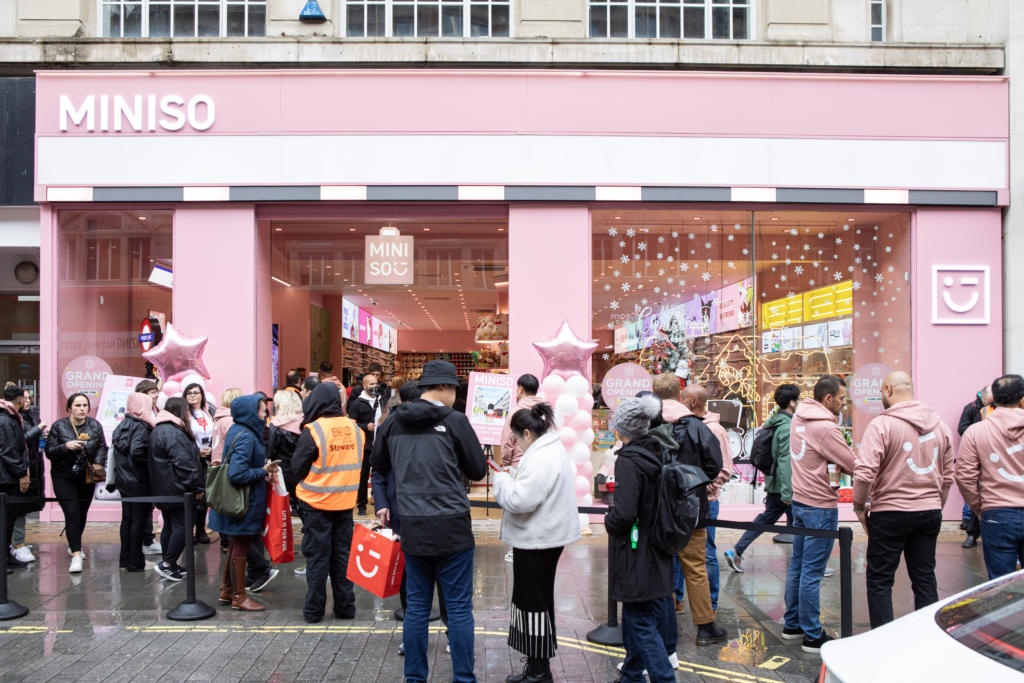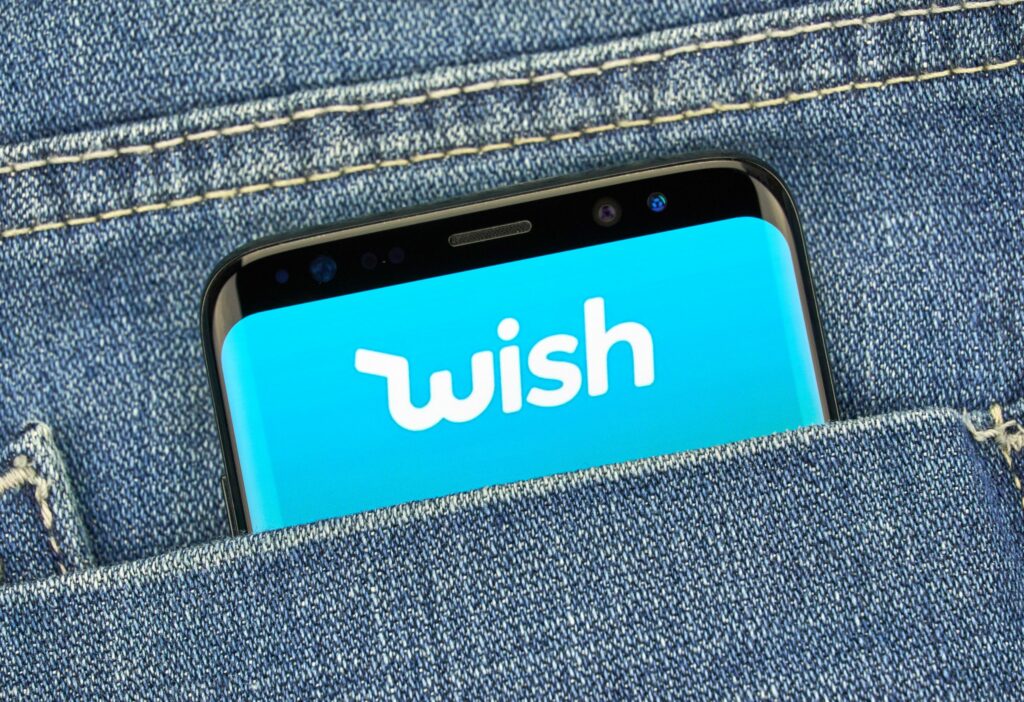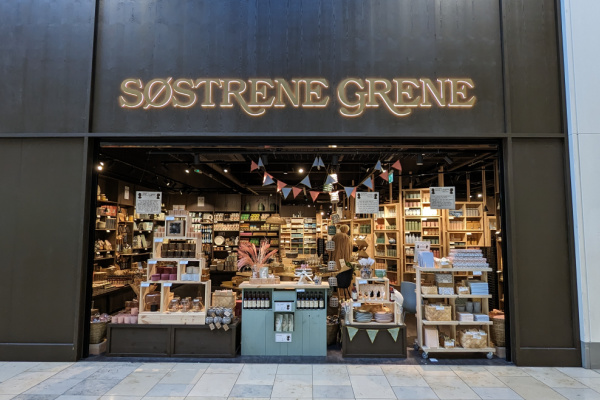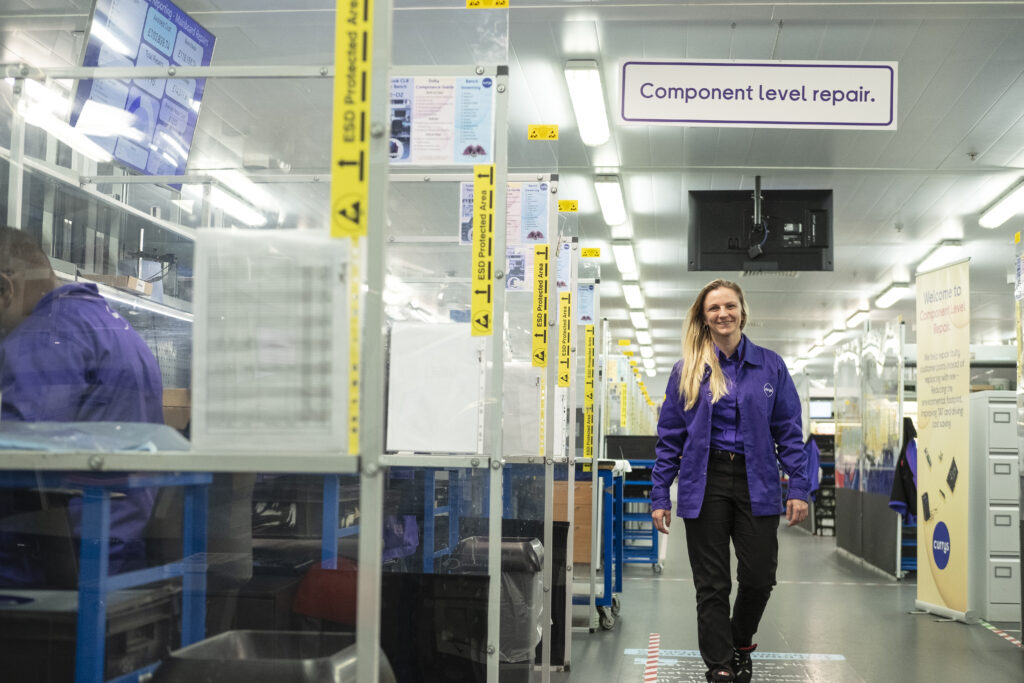Who has the world’s most recognised picture? Would it be the Mona Lisa, or perhaps the Queen’s profile that emblazons every coin in our pockets?
As famous pictures go, Tom Anderson’s is likely to rank highly among Generation Y even if his name doesn’t. The former president of MySpace was the first online friend to a generation that sometimes places online friends above their real ones.
Like many famous portraits, Tom’s profile picture represents more than just the subject, but represents a special point in history. In this case, it was the point at which the world first saw the potential of social media.
Over a decade later, long after MySpace’s demise, brands and businesses are still scrambling to harness the power of social media for their benefit. One of the few that has succeeded is Depop.
“Social appeal is very much a consequence of why we’re successful.”
The online marketplace has built a loyal following of young creatives, and is often considered a social app as much as it is a retail tool. It was precisely this which attracted chief executive Maria Raga to the company.
“I knew that social would be the way to go, the way to do commerce,” Raga told the Retail Gazette.
“I was very interested to see how (social) could be so important when I was seeing the impact of Facebook campaigns. It has to be linked to the raison d’être of the business, otherwise it’s very hard to make it work.”
Since joining in 2014 as vice president of operations, the company has more than tripled its staff members and now boasts a user base of around 8 million. Depop is now putting all its efforts into scalability and growth, adding the US to its expanding user bases in the UK and Italy.
The secret to the app’s success has far less to do with quantity as it does with quality. Amassing a loyal userbase of millennials is something many retailers dream of, and are increasingly struggling to achieve. With the right user base growth, this is something that happens naturally.
“Social appeal is very much a consequence of why we’re successful,” Raga said.
“We never had to put in a lot of effort to grow. We spent very little in marketing. The idea is that we will spend money in the future, but we will always keep this organic machine working.
“It is so important to build sustainable community in an authentic way. The moment you make it too commercial, too in your face, then the value of the community becomes very polluted.
“We really want to make sure people keep joining in an organic way, even if we had all the cash in the world.”
READ MORE:
But why has Depop succeeded where countless fail? Even tech giants like Apple have failed to find success in the world of social media with their 2010 offering Ping, and later with their Apple Music.
Unlike companies attempting to cash in on social media’s potential in an attempt to spark the interest of youth culture, Depop has incorporated these values from its inception in 2011.
Its founder Simon Beckerman began the app as a spinoff of his Italian fashion magazine, as a way for readers to sell their old clothes and new creations. The entrepreneur understood the power of social media from the get go.
“If you were to look at the written statements of Depop when it started, it was to make shopping social and simple and fun,” Raga said.
“It’s all about arts and creatives. Ultimately that’s what shapes culture right, if we don’t have art and creatives things don’t evolve.
“It became something that really differentiates Depop against other market places. We have a very strong brand, and a lot of people that would love to be associated with Depop just because of the brand we represent. It wasn’t something engineered it was something that was a must have.
“We definitely want to empower people to become independent. Brands want to be associated with us because we have a user base that is very young. It’s becoming tough for brands to talk to a young audience.
“It’s generation that consumes media in a completely different way, it’s a lot less likely to buy an item because a brand tells it so.”
Despite having perhaps the most tech savvy audiences of any brand, its focus on ease of use and independence is another key driver of Depop’s success.
By seeking to remove any obstacles making listing items any more cumbersome than it needs to be, Depop managed to instantly set itself apart from its much more established rivals like Ebay.
“For us it’s all about freedom,” Raga continued.
“We want to make a place for people to really express their creativity and do something meaningful.”
“We want people to be free to create and do whatever they want, we want to be appealing to those people.
“We want to make a place for people to really express their creativity and do something meaningful. That obviously limits the group of people using Depop but at the same time there’s a lot of opportunities.”
Not only does this alienate certain potential customers, but it creates issues with safety and security. On any platform where money changes hands there is bound to be those there trying to take it dishonestly. By removing barriers, you also remove safety nets.
Historically, online marketplaces have to achieve both ease of use and safety, a quick glance at both Gumtree and Depop’s Trustpilot ratings will demonstrate just how hard this has been.
“It’s always a balance,” Raga explained.
“If you make it super easy for people to come in then there’s bad actors you need to moderate.
“We’re taking a much more proactive approach to dealing with users and the items that are posted in the app.
“As appose to laissez faire because that can create a lot of problems. We have a permanent moderation team that is solely focused on that.”
Depop is looking past the issues of online trading though, into how it can capitalise on its much sought-after user base and offer them more of what they want. It seems that is to move off the app entirely and into the physical world.
The brand has already hosted numerous events in the US like Sip and Shop, aimed at bringing together its community and enhancing its social aspect past the digital realm.
Workshops, social get-togethers and pop up shop events are where the unique app sees its future, and from its track record so far, other businesses should take note.
Click here to sign up to Retail Gazette‘s free daily email newsletter

